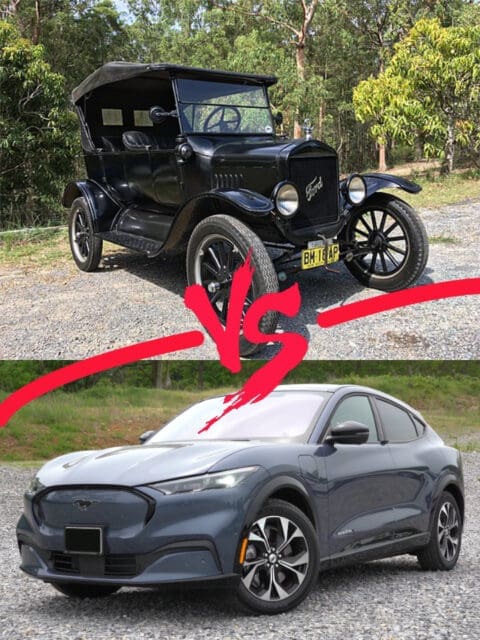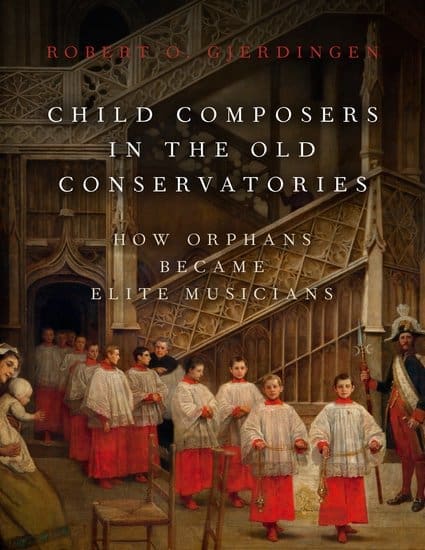Let’s talk about that feeling of “I’m not good enough.”
Or of “My music is too ____ or not enough ____ to be successful.”
Or, most of all, of “I don’t deserve my successes. When others find me out, they’ll mock and shun me.”
As you know, these feelings are often called “Imposter Syndrome.”
You probably also know, intellectually at least, that Imposter Syndrome is universal. That every single individual has an accuser in their head who criticizes all their flaws, mistakes, and weaknesses — especially the ones no one else notices.
But what you might not realize is WHY Imposter Syndrome is universal — and why that truth about imposter syndrome is what’s holding you back from getting more commissions and performances.
What’s Really Behind Imposter Syndrome
So let me cut to the chase. Here’s the secret: Imposter Syndrome is universal because it’s part of your transition into adulthood.
It’s about shifting from that place where you mostly learn from and follow others — to the one where you contribute and teach as often as you learn. In other words, it’s about stepping into the authority that all adults have.
True, we don’t all have the same authorities — and many people have only a handful — but we are all authorities in one sphere or another.
With your adult authority comes many responsibilities, the foremost of which is leadership.
And it’s the leadership — not whether you’re “good enough” — that’s terrifying.
Why That’s So Scary
For most people, leadership is frightening on multiple levels, because it means
- Finding people and persuading them to follow you, rather than being able to just command them
- No longer being able to just “do your own thing”: you must often (if not always) consider others’ needs, desires, and perspectives
- Being accountable for what you say and do: at least someone will copy what you do and echo what you say
- Opening up your words and actions for criticism, both the valid and supportive as well as the misinformed and malicious
- Charting the course and encouraging your followers, even when you are filled with uncertainty
But what’s most scary about it is that — unlike jobs, titles, or accolades — leadership is never conferred. It’s given by those who choose to follow us.
Even if you hold an important job, title, or accolade, you still must step into leadership. These positions are merely platforms for leadership, not automatic conferrals of it. If you antagonize people from your platform, they will follow you only when forced. If you do nothing with your fancy title or big prize, people will soon forget about you.
What This Means for Composers (and Creatives Generally)

What composers (and creatives) so often get wrong about leadership is that they think it is or should be directly tied to their creative or technical skill: “Who’s the best writer?” or “Who’s the best orchestrator?” or “Who can write the best fugue?” or “Who’s the most imaginative and original creative?”
Here’s the truth: People don’t choose follow you based on your skills; they follow you based on where and how you’re leading them.
. . . Or, as I often say, “There is a baseline of competence beyond which comparisons become increasingly irrelevant.”
. . . Or, to be more explicit, “People choose their playlists based on what they love and desire — and if that happens to be what’s best, that’s a bonus.”
Because your primary job as an artist is to speak to people’s fears and desires — not be technically or creatively excellent — the hard skills required for creative leadership are often quite low.
MBAs and CEOs know this, because their expertise (ironically) is in being generalists. Hollywood composers also know this, because they often must work on teams.
But many other creatives — especially those who work primarily alone — often don’t admit that their leadership entails more than just their skills, because they want to be known for their skills.
When composers insist that others connect with them on those terms, they constrict their possibilities for leadership; box themselves into a competitive, zero-sum space; and, ironically, amplify the very imposter syndrome they’re trying to escape.
“How, Then, Do I Escape Imposter Syndrome?”
So my invitation to you is to consider these questions:
- Why would people care about my music besides its technical or creative merits?
- What experience does my music offer them? What does it enable them to do in their lives? Or think about themselves? Or feel?
- How do I make it easy for them to experience those things?
- What experience do I offer them, in addition to being the name credited for the notes?
- How do I make it easy for others to connect with me personally?
These questions apply to all composers — from the most conventional and crowd pleasing to the most experimental and esoteric — because your goal is never to lead everyone, but to serve the specific people for whom your gifts and proclivities are best suited.
Answering these questions shifts your focus away from competition and comparison and toward relationships and connection.
No one (usually) feels like an imposter when they’re with their best friend or their lover. Nor do they (usually) feel like an imposter when they are taking care of someone. Or laughing with them. Or listening to them. Or helping them out.
Composing (and creative work generally) has the power to connect you to others in this way. In these kinds of relationships, service and leadership feel natural and often come intuitively.
So instead of, like normal, thinking about how your music can compete or measure up, ask yourself those questions above. Though there’s more to developing an uplifting and impactful composing career, these questions will start you down the right path.








